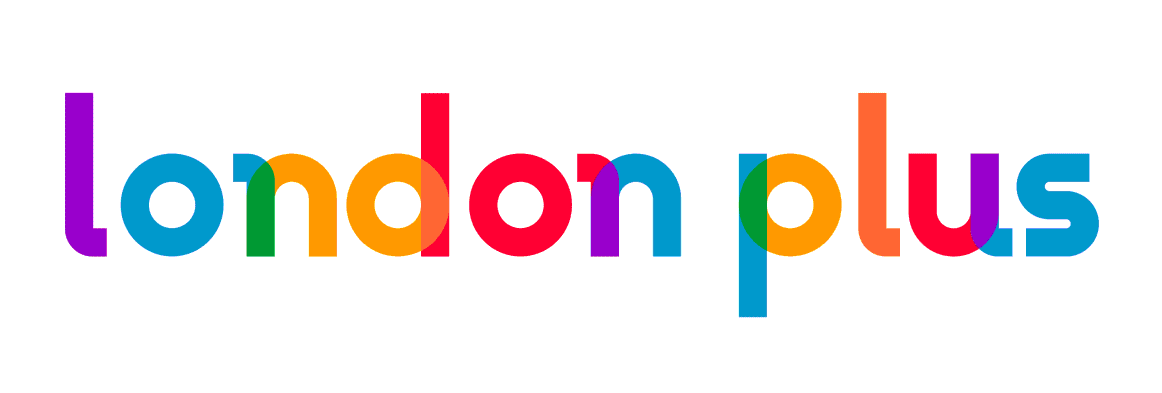Why I joined London Plus
Having an understanding of society, how it functions and how it manifests itself in everyday life, can be an incredibly powerful tool for developing practice. Studies show that knowledge is instrumental to successful innovation. I’m looking forward to working closely with London’s civil society to help organisations harness data and develop the tools they need to empower themselves as your new Social Research and Data Lead at London Plus.
The Sociologist Pierre Bourdieu once wrote that “la sociologie est un sport de combat” (sociology is a martial art). For him, sociology was more than an academic discipline. It was a set of tools for fighting power and oppression. A knowledge that, once obtained, could illuminate to its possessor the micro-political elements of their struggle. To the ways in which broader social structures could infiltrate everyday life and fix an individual in place. Seamlessly guiding their trajectory through space and time, constraining opportunities and manifesting itself in the ways that one even dressed, spoke and walked.
For Bourdieu, power was all about repetition. It was transmitted through daily practices. And it was the duty of the sociologist to identify these practices, then develop the practical tools to challenge them. If sociological knowledge could not translate into action, then for Bourdieu it was meaningless. This drew me away from the academy and towards the third sector.
About me
I hold both a BSc and an MSc in Sociology from the London School of Economics and Political Science. In 2018 I was the proud recipient of the Alf Waddington Scholarship. I graduated from the school with both a first class honours (BSc) and a distinction (MSc) in my subject.
I’m neurodiverse and am actively involved in raising awareness around DCD (Dyspraxia) and other hidden disabilities. I have academic interests in health advocacy, science and technology studies, and I work around knowledge politics and dissemination. As an LSE Sociology alumni, I have access to the community’s resources, including the British Journal of Sociology. This keeps me actively engaged with the latest research, including methodological developments, resources and tools.
London Plus
London Plus’s support to London’s civil society is vital, and something which I’m very proud to be a part of. My predecessor, Dr Natasha Codiroli Mcmaster, has been instrumental to this work and has developed some fantastic resources for civil society to use, which can be viewed on our website. I’m looking to carry this work forward by bringing my training and expertise in mixed research methodologies to this post.
Mixed Methodologies
For those unfamiliar with the term, mixed methodologies refer to the complimentary use of both quantitative and qualitative research tools and data resources. It is both a practical and analytical approach, meaning that a mixed methods investigation implies the use of multiple research techniques and an integrated approach to analysis thereafter. Mixed methodologies are pretty much the gold standard in academia. And have been proven to generate greater insights than quantitative or qualitative methods in isolation.
Moving away from academia…
I’ve only been in post for three weeks, but I can already see what data means to London’s civil society. Data is a team effort, it’s at the heart of what so many charitable organisations do. Social data isn’t purely academic, even if it might have originally been published by an academic or official research body. Those headline figures become an integral part of the day-to-day functioning of organisations out there in the real world, using all the resources they can to do their best to tackle the city’s problems. Data becomes an integral part of the hard work that charitable organisations do to keep London an open and inclusive space for everyone. And I absolutely love this. After years of tinkering with “clean” data, the opportunity to work with the type of complex, “muddy” data embedded in charitable practice is so exciting!
As our newly appointed CEO Martin Brookes observes, there isn’t any data without a story and there isn’t a story without any data. Like Bourdieu’s Sociology, data is all about action. It’s so deeply embedded within London’s civil society that it can’t be understood or utilised without a full understanding of the context from which it initially emerged. And that context of course is the everyday. Whether it’s the amount of visitors you have recorded, or the verbatim testimonies left on your social media by users. The information you collect about your services are all forms of rich data which can be harnessed to tell your organisation’s story.
What I’m hoping to achieve for London’s Civil Society
As the Social Data and Research Lead at London Plus, I’m already planning some research which will ascertain and map data usage and needs across the sector. Through this project, I’ll be working closely with London’s civil society to help organisations gain confidence with all types of data. As well as the resources and the tools to analyse this information and better inform practice. Subscribe to our newsletter (bottom of the page) for more information on this project as it develops.
“La sociologie est un sport de combat”, and I look forward to working with you all!

